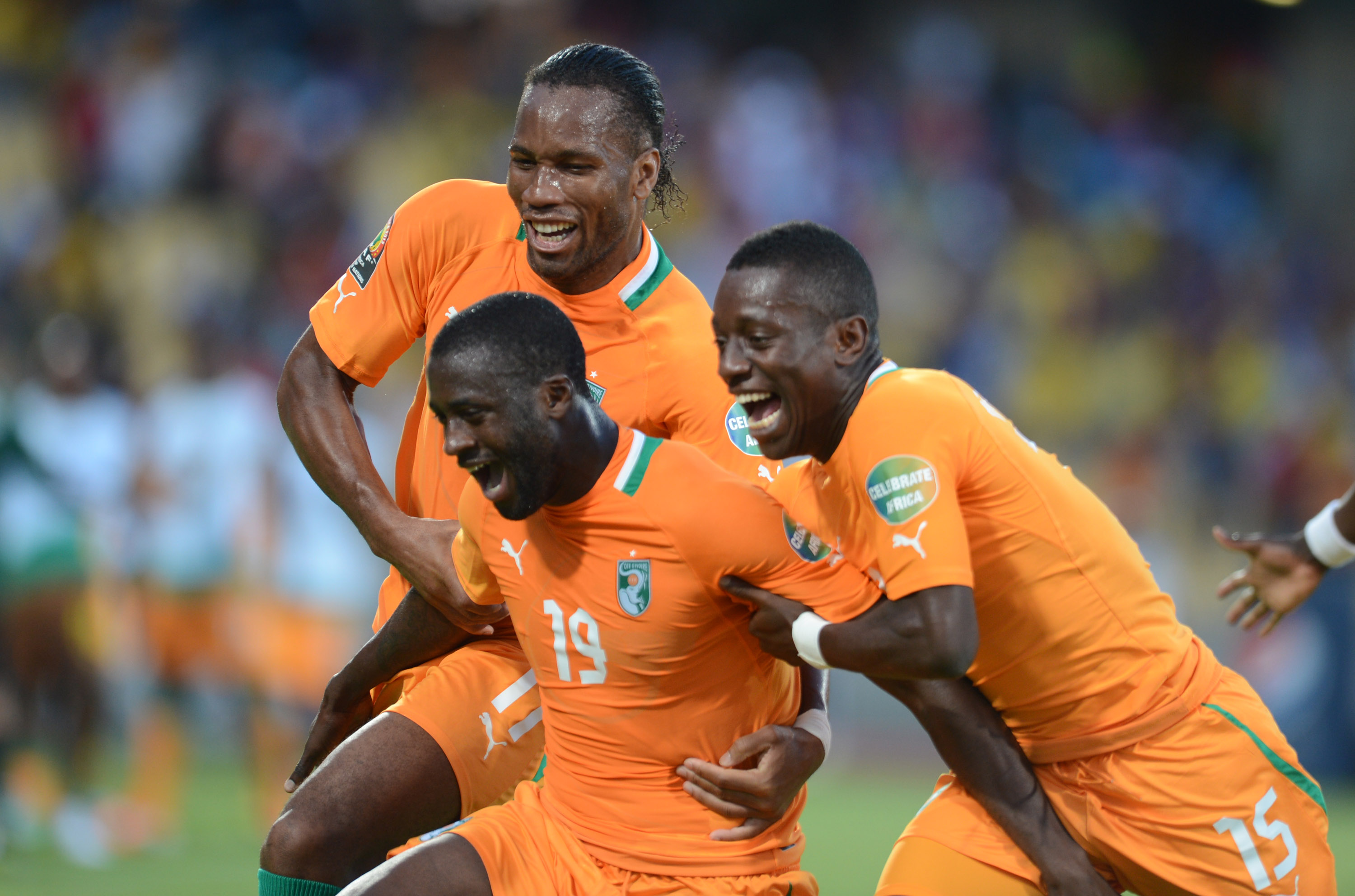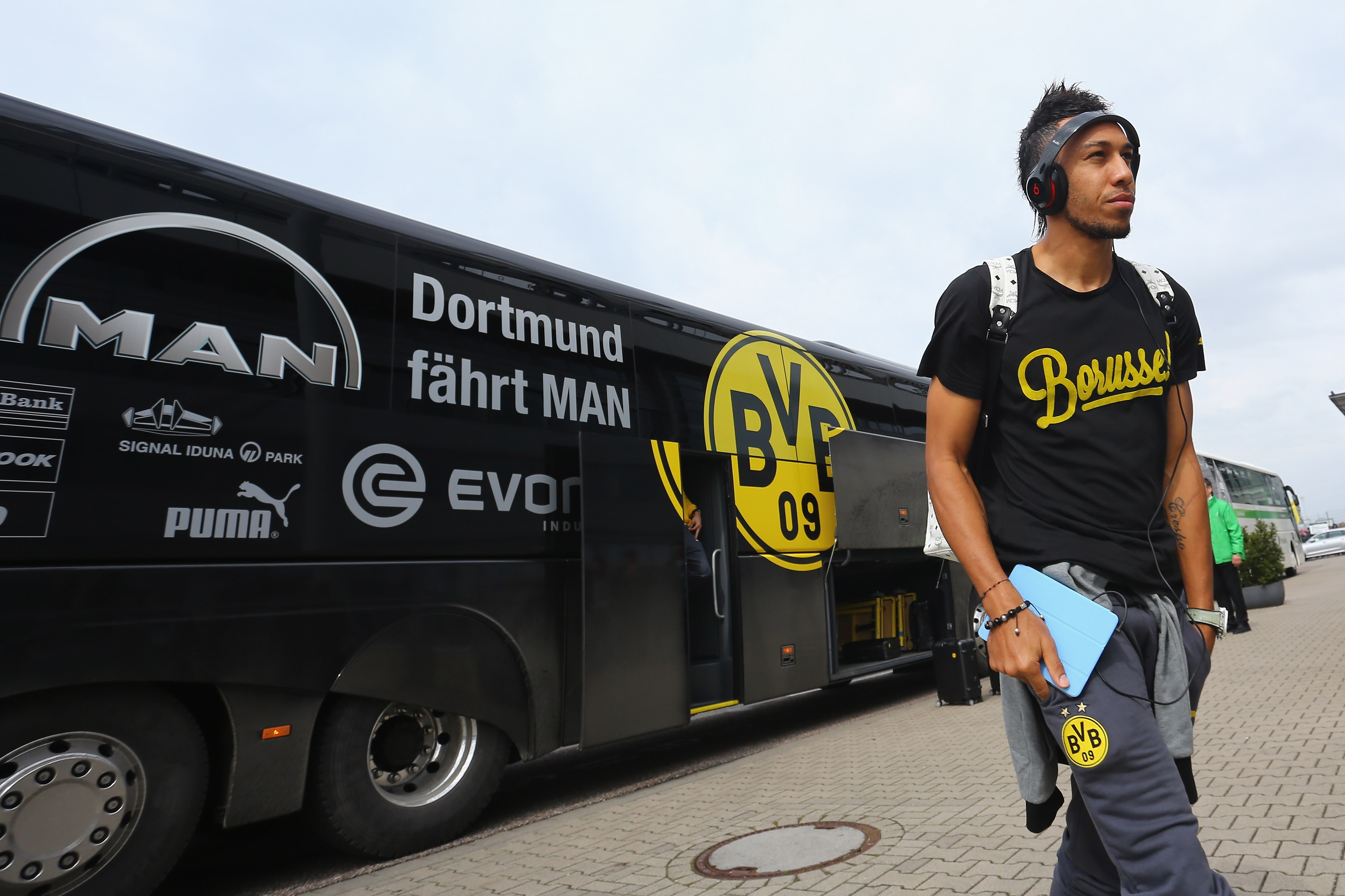Allow me to set the scene. After a year of incredible feats, you arrive in Abuja for the prestigious Glo-CAF awards.
You hope to accept the continental award won by other stars such as Didier Drogba, Jay-Jay Okocha and Samuel Eto’o. You arrive on stage and notice your fellow African football notables – including your own father, a former international football star.
https://www.youtube.com/watch?v=dFeHcMXCn-E
After a tentative wait, the MC crowns you, Pierre-Emerick Aubameyang, player of the year. Then one of the fellow nominees, Yaya Touré, a four-time winner of the award, diminishes your achievements by calling the result ‘the shame of Africa’ and ‘pathetic’…
Yikes.
Yaya Touré clearly didn’t get the memo about being a graceful loser. But did the Côte d’Ivoire captain have a valid point in his outburst?
Touré was a key player for the Côte d’Ivoire’s victorious Africa Cup of Nations campaign but he had a less than spectacular year for Man City as they finished trophy-less.

Parallel to this Gabon (who Pierre-Emerick Aubameyang plays for) was knocked out in the group stages of last year’s tournament with Aubameyang scoring a solitary goal. However, he finished the 2014-15 season as one of the Bundesliga’s stars and has led Dortmund’s campaign to challenge the Bayern Munich juggernaut.
The significance of club-level and international achievements vary with football watchers, shown by Pierre winning with the narrowest of vote advantages. You might as well ask if someone prefers Kendrick Lamar or Drake.
In this instance, the coaches and technical directors from the federation went for the consistency of the season as opposed to the stand-out project. i.e. they went for Drake over Kendrick.
Les Éléphants’ golden generation of players – including Didier Drogba and the Touré brothers – had come close to lifting the trophy on multiple occasions before reaching the summit last January. To some – including Yaya – this was a feat worthy of significant praise. Rather than a close fight between two heavyweights with contrasting styles, Monsieur Touré obviously felt he should have been a sure bet.
The African Cup of Nations has got a bad rap over the years. The competition has never been as highly regarded as the South American or European championships and managers in Europe get headaches when their players have to travel south. Furthermore, the quality of football played in the competition has been less exciting. Goals have dropped (2008: 3.09 goals per game, 2010: 2.45, 2012: 2.38, 2013: 2.16, 2015: 2.13)… the cup has definitely had better years.

As more money is piled into the coffers of Premier League teams and the European elite, they receive more attention from around the world. As someone that has spent time in both the UK and Nigeria, I know that it’s harder to stay away from European football highlights in Nigeria than in London and it’s almost part of your daily schedule even though the league is being played thousands of miles away.
Fans of the sport can name every squad player from the Champions League’s best teams, but would struggle to name Nigeria’s left back. The simple fact is the ability of a player is measured by the attention paid to them from Europe. Congo’s TP Mazembe has achieved a great degree of success over the last few years – including being finalists in the FIFA Club World Cup in 2010 – but the main priority for star-striker Mbwana Aly Samatta is definitely success in Europe.

Unfortunately within Africa certain feats and successful people are only noted, if people outside of the continent provide recognition. The prestige of European leagues and the romanticisation of them continues to remain strong in the hearts of young African players. So, for now, it is unlikely that success in any African football competitions will matter more to most Africans.
